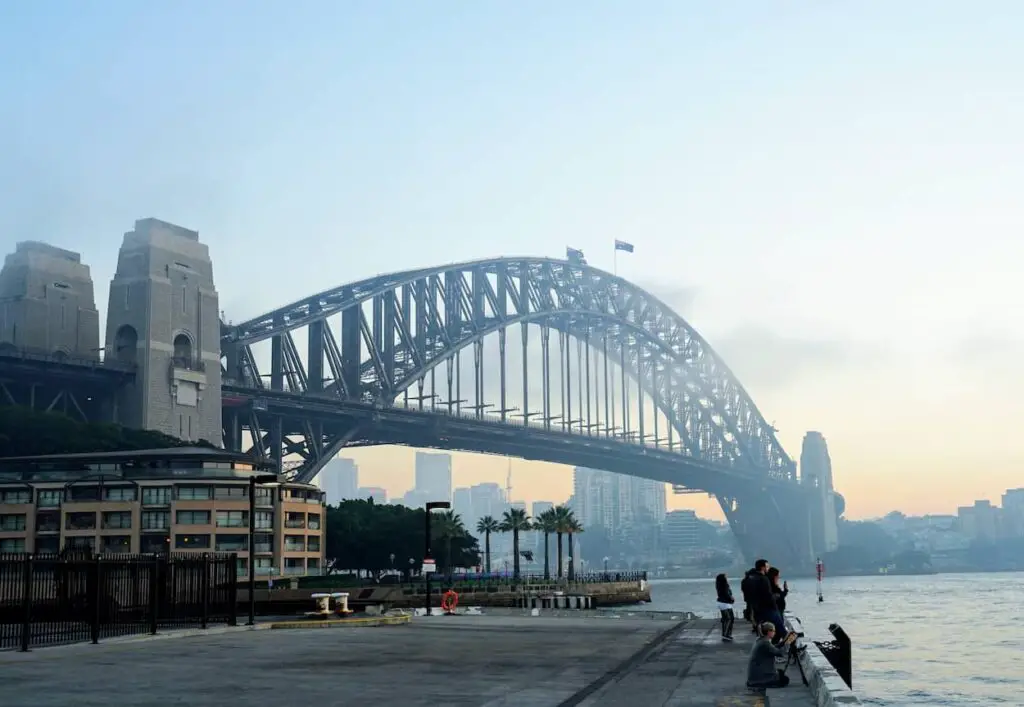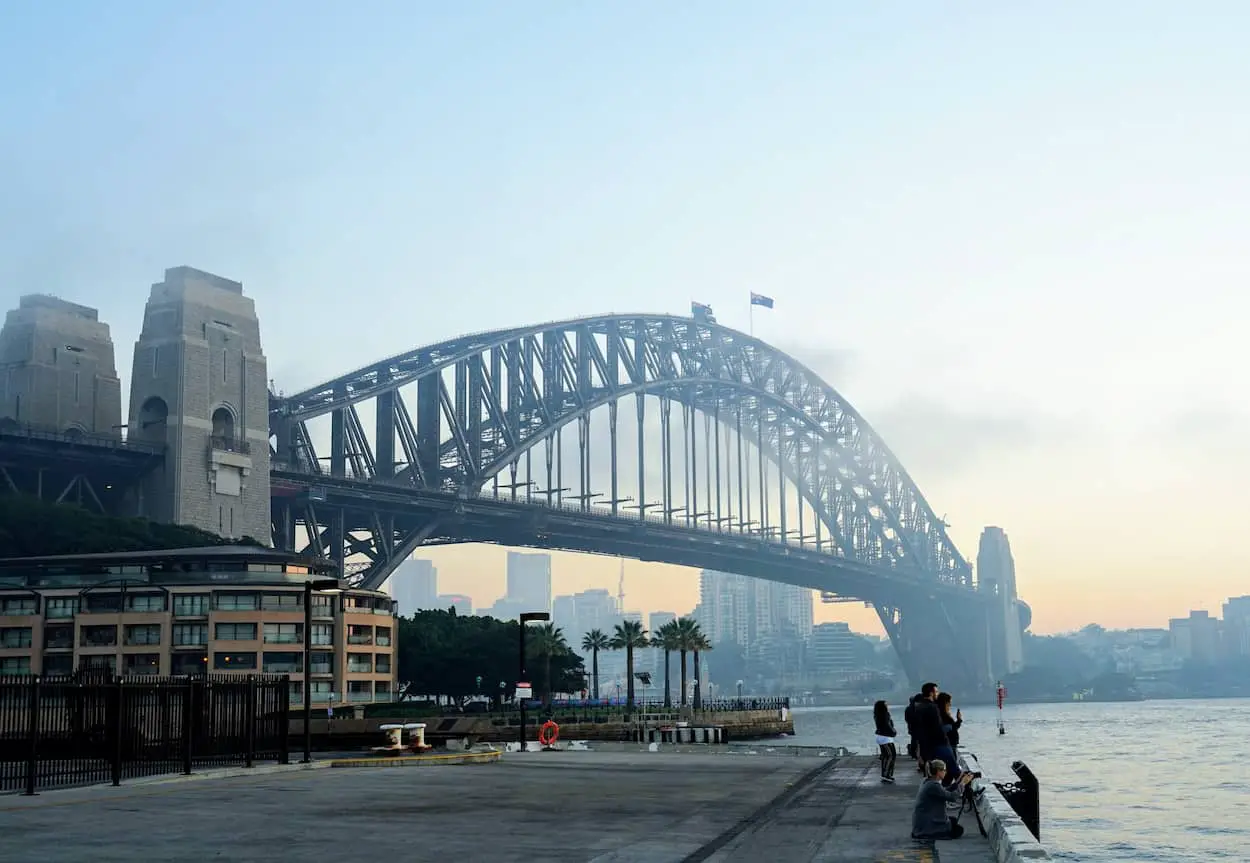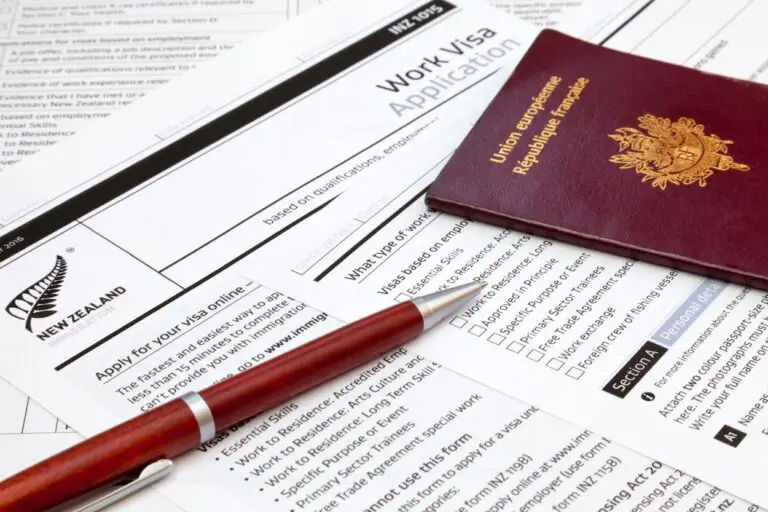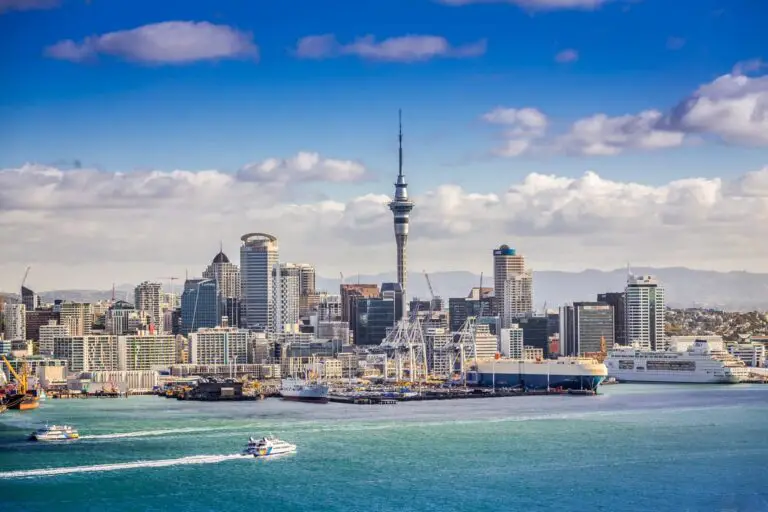Which Country Is Easier To Get A PR in 2024: Australia or New Zealand

Australia and New Zealand are both popular countries for immigrants, each with their own set of advantages and disadvantages. When it comes to getting permanent residency (PR), both countries have different processes and eligibility criteria. Getting a PR in Australia or New Zealand depends on many factors, such as your skills, qualifications, experience, and family/business ties.
Getting a PR in New Zealand is easier than in Australia because New Zealand has a points-based system that considers factors such as age, skills, qualifications, and experience. On the other hand, Australia requires specific skills and capabilities listed on its Skilled Occupation List (SOL).
In the end, if your goal is permanent residency, you need to make the right decision when choosing the country for immigration. Read on as we compare Australia’s and New Zealand’s immigration processes to help you figure out what works best for you.
Also read: Cost of living in Australia vs New Zealand and our relocation comparison.
Australia vs New Zealand for immigration

Australia and New Zealand are mostly confused with being the same, as they have several commonalities. However, you may be surprised to learn that these countries have pretty different immigration rules and regulations.
The immigration process for students
Below are the student immigration processes in Australia and New Zealand.
Australia
It isn’t mandatory for students to acquire temporary residency in Australia. If you’re taking a short course with a maximum of twelve weeks, you’ll need just a tourist visa.
University studies and other longer programs require a temporary residence permit. The process of acquiring permanent residency starts with obtaining a student visa.
You must meet some academic entry requirements to qualify for an Australian student visa. The first requirement is to be conversant in English, as most of the courses are taught in English.
In Australia, vocational education and training institutions don’t require one to take an entry exam to qualify. However, you must have completed certain subjects and work experience to be eligible for some courses.
For higher education undergraduate courses, you must have an Australian Senior Secondary Certificate of Education or an equivalent qualification. Some courses may also require you to have studied specific subjects.
If interested in higher education postgraduate courses, it’s compulsory to have at least one undergraduate degree. Some institutions may check your research capabilities and relevant work experience.
To apply for a student visa, visit the school’s website and download the application form from the course search tool.
Application forms may require you to upload several documents. Some relevant documents include certificates verifying previous studies, evidence of your English proficiency, and documents showing relevant work experience. Note that you must translate all documents before uploading.
You can apply for a student visa after a successful university or college application. Requirements for these visas include a letter of offer, confirmation of enrollment, proof of English proficiency, proof of adequate funds, a medical certificate, and an overseas student health cover.
Australian student visas allow you to work, live, and study for about four years or in accordance with your course. You’re allowed to work immediately after arrival for 40 hours every two weeks in the course of the term.
The student visa fee is AU$442.58 in Australia. The visa processing period varies from one person to another.
To get permanent residency, you must apply for a post-study work visa immediately after completing your studies. Afterward, applying for the General Skilled migration is mandatory for permanent residency.
New Zealand
You could apply for a New Zealand student visa in four different ways; at a visa center, online, offline, or with an immigration advisor.
To track your visa application, you could use RealMe or NZeta if you applied online or follow up with the immigration agent or advisor. It’s advisable to track Visa center applications using VAC.
In New Zealand, applying for a student visa is mandatory if you’ll be in the country for more than three months.
To qualify for a student visa in New Zealand, you must submit your offer letter for a course registered under the country’s Ministry of Education.
You should also be able to maintain about NZ$1,250 and a ticket to any other country other than New Zealand to indicate that you’re financially capable of studying and staying in this country. Besides, you must pay for your study course in order to apply for a visa.
Other mandatory visa requirements are the name of the course, the institution’s name, the institution’s location in New Zealand, and acceptable insurance.
Students must pay a visa-receiving fee of NZ$375 in 2024. Handling charges vary from one visa center to another. It’s advisable to check the center’s official website before making the payment.
Skilled workers
Both Australia and New Zealand don’t require you to have a state or family sponsor and a job offer to acquire a skilled migrant visa.
Read this article on how to move to New Zealand without a job.
However, to apply for an Australian skilled migration visa, it’s mandatory to have a good skills assessment from an Australian skill-assessing institution or authority. This is crucial to determine if your degree is similar to an Australian degree, so you can start practicing in this country.
Qualifying for the skilled migration visa in New Zealand requires you to appear on the List of Qualifications Exempt from Assessment and pass an assessment with a New Zealand registration authority.
You must be under 45 years old and over 18 to qualify for an Australian skilled migration visa. In New Zealand, the maximum age goes up to 55 years, while the minimum is 20.
In Australia, your job should be on the skilled occupation list. To qualify for a skilled visa in New Zealand, the occupation must be on the long-term skill shortage list.
You can see the current list of professions for New Zealand on the official website.
Being proficient in the English language is mandatory to apply for an Australian skilled migration visa. The Department of Immigration and Border Protection in Australia only accepts specific English proficiency tests like:
- International English Language Testing System
- Occupation English Test
- Cambridge English; Advanced
- Pearson Test of English
- Test of English as a Foreign language
Australia’s base application fee for a sponsored skilled migrant visa is around AU$4,240. For each additional applicant, Immigration Australia charges between AU$1,060 and AU$2,120 depending on the age.
If one’s English proficiency is considered not functional, they’ll have to pay a second installment. This is mostly AU$9,800 for primary applicants. Secondary applicants spend around AU$4,890.
To apply for a New Zealand skilled migrant visa, which is a residence visa, you must have between NZ$2,700 and NZ$3,840. In the first stage, you will need to pay $530 for an Expression of Interest and $3,310 for a residence application later on.
The charges vary depending on where you’re applying from. New Zealand’s Immigration ministry charges every application a levy of about NZ$830.
Overview of the point system
Australia and New Zealand use an almost similar point system to determine if one is eligible for a skilled migrant visa.
New Zealand’s point system has a pass mark of 180 points, while Australia’s is 65 points. Below is a table showing how the points are distributed in both countries.
| Factor | Australia | New Zealand |
| Age | Points can range from 15 to 30 | Points range between 5 to 30 |
| Qualification | Range from 10 to 20 | Range from 5 to 20 |
| Language proficiency | Range from 0 to 20 | N/A |
| Overseas work experience | Vary from 5 to 15 | Vary from 10 to 30 |
| Local work experience | Range from 5 to 20 | Vary from 5 to 15 |
| Studying in the country | Bonus 5 points | Bonus 10 to 15 points |
| Qualifications in a field with an extreme shortage | N/A | Bonus 10 points |
| Qualifying for a recognized future growth field | N/A | Bonus 10 points |
| Local job offer in your area of experience | N/A | Bonus 50 points |
| Studying in a regional area | 5 points | N/A |
| Sufficient work experience in a future growth field | N/A | Bonus 10 to 15 points |
| Adequate work experience in a field with an extreme skill shortage | N/A | Bonus 10 to 15 points |
| Delegated language | Bonus 5 points | N/A |
| Family living in the country | N/A | Bonus 10 points |
| Partner skill qualification | Bonus 5 points | Range between 10 to 20 points |
| Professional year | Bonus 5 points | N/A |
Getting permanent residency in Australia vs New Zealand

Obtaining permanent residency in New Zealand is pretty easy compared to Australia. You will receive a PR in New Zealand two years quicker than in Australia.
Yet, it can be difficult to meet the required number of points to qualify for a residency. Year after year, New Zealand makes its immigration processes more complex and less accessible.
Below is a breakdown of this process in both countries for a better understanding.
Living in Australia vs New Zealand, which is better?
New Zealand
You must have a resident visa before applying for a New Zealand permanent residency. Resident visas are available for investors, skilled workers, distinguished talent, and many others. You should apply for permanent residency after the resident visa expiration.
To qualify for New Zealand’s permanent residency, you must have stayed in the country for at least two years.
You should be healthy to get New Zealand’s permanent residency easily. Chest X-rays and medical exams are mandatory. The government also ensures that you are of good character before issuing you the PR. This is to ensure that you aren’t a security and public order threat to the country.
The government also monitors your commitment to the country before you become a permanent resident. They check your tax residence status and if you’ve made any investments or own a business to gauge your commitment.
Also read: How to get New Zealand citizenship.
Australia
Foreigners can apply for a PR in Australia after they have been living there for at least 4 years. During these four years, they must have stayed in Australia on a valid Australian visa.
To be eligible for Australian permanent residency, you must meet their minimum health requirements. Australia has among the highest health standards and thus can be challenging to meet.
You must be of good character to qualify for the Australian PR. You must have a substantial criminal record, have never been convicted of immigration detention escape, and not be a member of a group that the minister believes to be conducting illegal activities.
You must be completely honest when filling out your criminal history. Any discrepancies that may be detected will cause your application to be declined. In most cases, you must provide a good conduct letter, military certificate, and police certificate.
Biometrics are mandatory during an Australian permanent residence application. Visa application centers ask for a photo of your face taken by a digital camera and a scan of all your fingertips.
Remember, if any parts of your face or fingertips are injured, wait till you’re completely healed to submit your biometrics.


![Moving To New Zealand as a US Citizen: How To Guide [2024]](https://simplenewzealand.com/wp-content/uploads/2023/04/Blank-2-Grids-Collage-copy-1-768x768.jpg)



![Canada vs New Zealand: Best Place For Living [2024]](https://simplenewzealand.com/wp-content/uploads/2023/01/new-zealand-225540_1280-768x511.jpg)
![New Zealand vs Singapore: Best For Living And Immigration [2024]](https://simplenewzealand.com/wp-content/uploads/2023/02/IMG_1983-768x576.jpg)